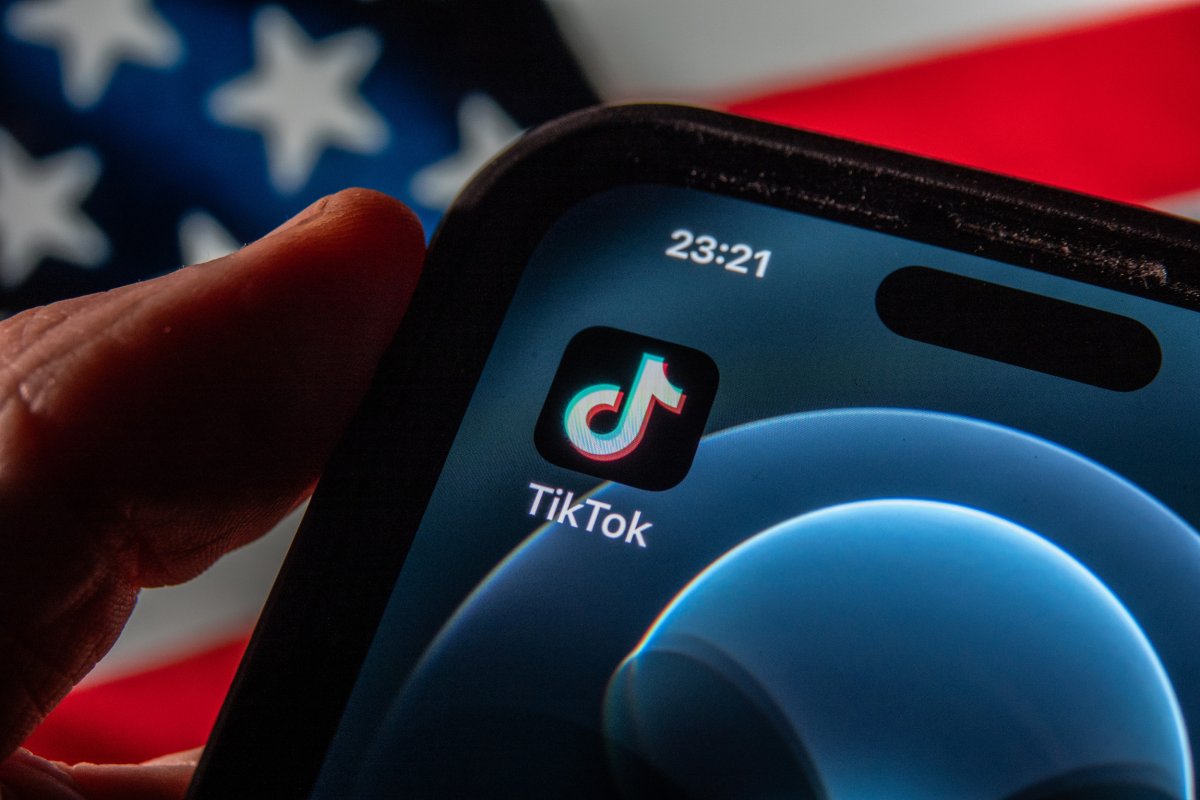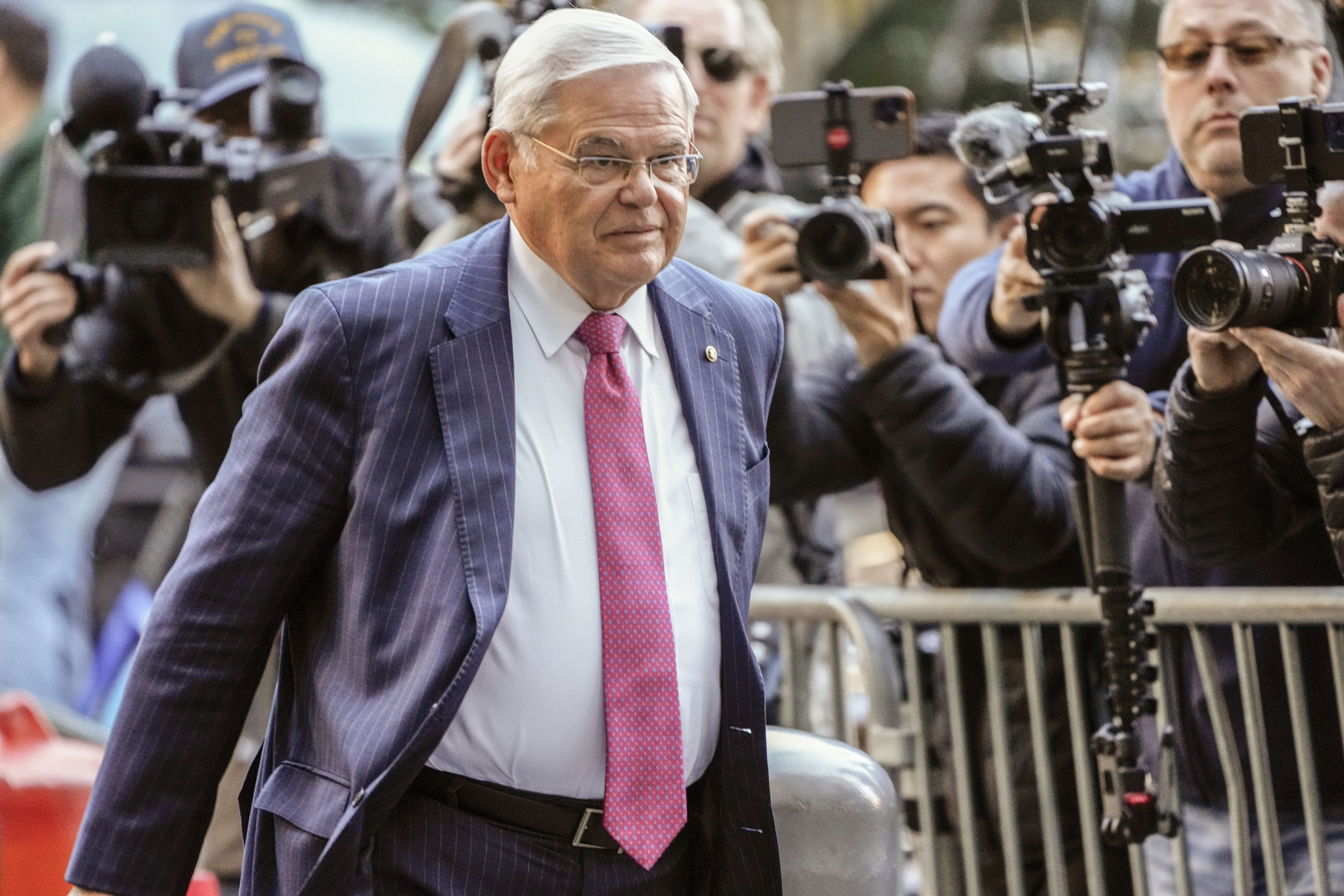TikTok's days may be numbered—at least in the U.S.
The Supreme Court is hearing oral arguments as the platform battles to block a law that could see it banned nationwide starting Jan. 19, unless its Chinese owner divests. Let's hope the court holds firm. A TikTok ban isn't just sensible; it's essential.
For years, experts have raised alarms about TikTok, but their warnings have been hollow—vague claims about privacy risks, Trojan Horses, and foreign influence. This lack of specificity has allowed the app to thrive, with many dismissing these concerns as mere speculation or political posturing. Without clear explanations of how TikTok's data practices and algorithmic manipulations pose immediate threats, the public remains largely unaware of the full scope of the danger.

TikTok is not merely a harmless platform for sharing videos; it is a sophisticated tool for data harvesting and influence, wielded by a foreign adversary. Allowing its continued operation jeopardizes national security and public safety.TikTok collects extensive biometric data, including facial recognition and voiceprints. Such data could enable real-time surveillance or the creation of highly convincing deepfakes, which could disrupt elections or tarnish reputations. Furthermore, the app's ability to track keystrokes and clipboard data raises significant concerns about the theft of sensitive information, including passwords, credit card numbers, and personal health details. These risks are heightened by the fact that China is home to some of the most sophisticated and savvy hackers in the world, many of whom operate with the direct support or tacit approval of the state. Such hackers have demonstrated an extraordinary ability to breach even the most secure systems, further magnifying the potential for exploitation through TikTok.
Last month, Chinese state-sponsored hackers breached the U.S. Treasury Department's defenses, stealing sensitive documents in what the department called a "major incident." Keep in mind, China has already stolen the personal data of 80 percent of American adults. Let that sink in.
Even more concerning is TikTok's ability to piece together detailed social networks, connecting not just individual users but their friends, family, and professional contacts. This isn't harmless data; it's a blueprint for coercion, blackmail, or even espionage. In the hands of the Chinese Communist Party (CCP), this kind of information becomes a powerful weapon—a direct threat to America's security and sovereignty.
TikTok's algorithm is a finely tuned mechanism for influencing perceptions and behaviors on a massive scale. In the hands of the CCP, this tool could be weaponized to spread disinformation, silence dissent, or even promote political figures who align with Beijing's interests. These are not abstract possibilities; we've already witnessed how algorithms can deepen political divisions and erode public trust. TikTok's reach and precision make it uniquely dangerous, especially considering its vast user base. Roughly half of the U.S. population uses TikTok, many of them children and teenagers who spend hours on the app daily. To think Beijing hasn't fully exploited this—and won't continue to do so—is sheer delusion. This isn't to suggest that other apps are harmless. Snapchat, as recent reports reveal, has bec has been accused of becomingome a haven for child predators. But this article isn't about them—it's about TikTok and why it deserves to be banished from American shores.
For those still debating whether it should be shown the door, consider this: if an American company created a similar social media platform and tried to operate in China, would Beijing allow it? The answer is a resounding no. The CCP wouldn't even need to ban it—it would never be granted entry. Beijing bars its citizens from using TikTok, replacing it with Douyin—a stripped-down, state-controlled version designed for a completely different purpose. This heavily regulated app is capped at 40 minutes of daily use for minors. Douyin is a well-guarded playground; TikTok, however, is a minefield disguised as a playground.
Which brings us to President-elect Donald Trump, poised to begin his second term as U.S. president. He has vowed to hit Chinese goods with tariffs to counter unfair trade practices. But what he seems to overlook is that tariffs often burden American consumers more than the CCP. They drive up prices, straining everyday Americans while leaving China's regime largely unaffected. If the goal is to confront real threats from China, banning TikTok would be far more effective. Unlike tariffs, it directly targets a critical vulnerability without imposing financial hardships on American families.
Every day TikTok remains operational, Beijing's grip tightens. This isn't just another app—it's a weapon for surveillance, propaganda, and control, embedding itself deeper into American society. Delaying action only increases its power. The threat isn't theoretical; it's real, and it's growing. Debate time is over. Action is overdue. If China won't let it operate in its own backyard, why should we allow it to flourish on American soil?
John Mac Ghlionn writes about social issues, technology, and the impact of media manipulation. Follow him at @ghlionn.
The views expressed in this article are the writer's own.




















 English (US) ·
English (US) ·